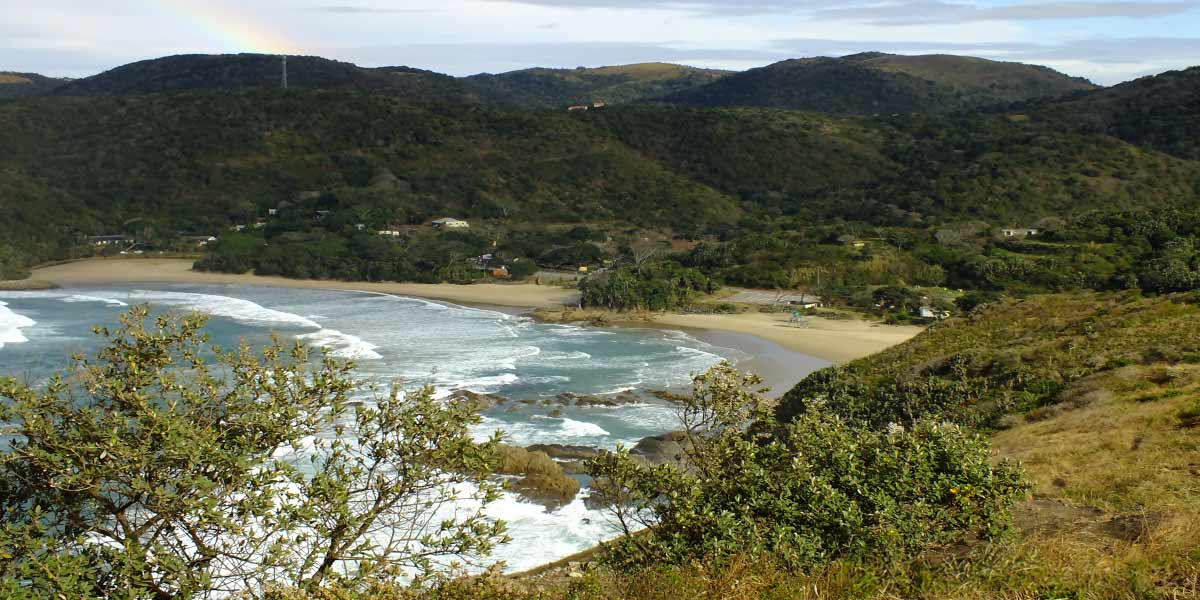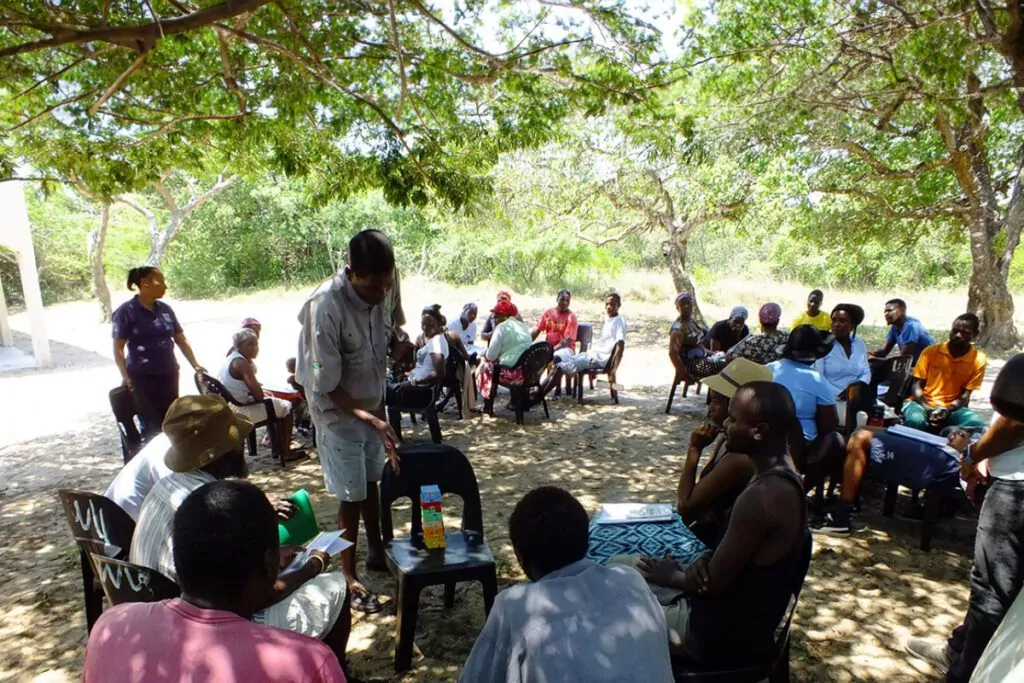The Western Indian Ocean Marine Science Association’s (WIOMSA) new report “Enhancing Science-to-Policy Uptake in the Western Indian Ocean Region” provides an overview of current thinking on the science-to-policy interface. The report has a strong focus on pragmatic, accessible examples, which are used to develop a set of guidelines on effective interactions between science and policy. Presenting nine case studies from the Western Indian Ocean region and six international case studies, it seeks to illustrate how principles of effective science-to-policy uptake have played out in real-world experiences.
In times when scientists are increasingly engaged in supporting policy uptake of their work, whether this engagement emerges from personal conviction or external pressures, this report deals with a red-hot topic. Public discussion is increasingly moving beyond whether scientists should be concerned with the policy uptake of their work and is instead now focusing on how this can best be achieved. Policy processes are often complex, multifactorial and nonlinear. At the present time, inadequate political responses to global crises including climate change and biodiversity loss are undermining this evident messiness of the policymaking process. Given the knowledge we have gained though scientific endeavor, showing the complex and pressing challenges facing the world’s ecosystems, it is pivotal that the interface between knowledge and execution is greatly improved.
As for the marine environment, numerous pressures including overfishing, illegal fishing, habitat destruction, pollution (including plastics) and the several effects of climate change (for example sea level rise, acidification, and warming) have dramatic and far-reaching impacts, undermining the ecosystem services on which we rely. This calls for a pragmatic approach that seeks to understand how and why policy-makers demand information, and the political and complex policymaking context in which they operate. Only then can we produce evidence-based strategies based on how the world works rather than how we would like it to work.
This report was commissioned by WIOMSA as part of the MeerWissen Initiative – a programme funded by the German Federal Ministry for Economic Cooperation and Development (BMZ) and implemented with support from GIZ. The full version and a quick guide of the report can be downloaded here.


